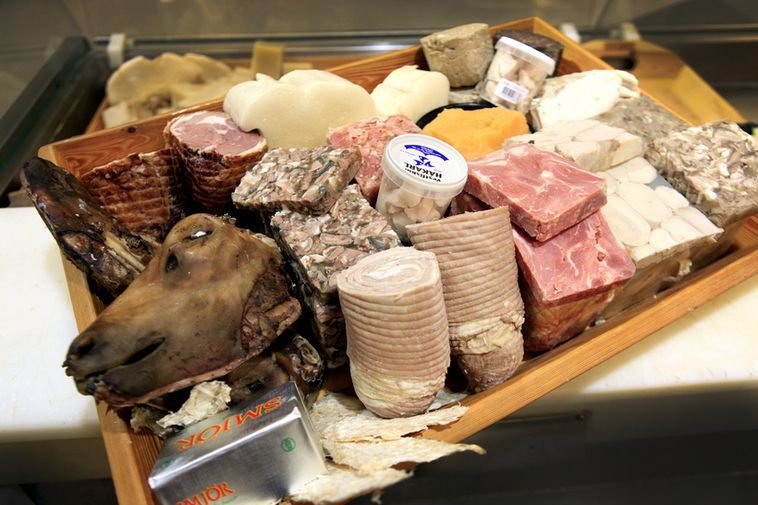Þorrablót - what are they and where do they take place
Þorrablót is an Icelandic midwinter festival, named after the month of Þorri in the historical Icelandic calendar (corresponding to mid-January to mid-February), with "Þorri" being associated with the Norse god Thor (Þórr), and "blót" literally meaning sacrifice.
Þorrablót is an evening event featuring a dinner where participants deliver speeches and recite poems. Originally, this tradition was a way to honor the Norse god Thor (Þórr), with the festival's name derived from the month of Þorri. Referring to the gathering as a blót (a sacramental feast held in honor of a god in Norse mythology) underscores its connection to pre-Christian times—a period that 19th-century nationalists considered a golden age in Icelandic history.
Today, Þorrablót has become a common tradition among Icelanders worldwide. Events range from informal dinners with friends and family to large, organized gatherings with stage performances and post-dinner dances. These major Þorrablót celebrations are typically arranged by membership associations, groups of Icelanders living abroad, or as regional festivals in the countryside.
In Rangárþing eystra, six Þorrablót events take place from the 27th of January to the 26th of February.
The schedule is as follows:
27th of January - Austur Eyjafjöll (East Eyjafjöll) takes place in Fossbúð at Skógar. The house opens at 20:00.
27th of January - Ausur Landeyjar (East Landeyjar) takes place in Gunnarshólmi. The house opens at 19:30.
3rd of February - Hvolsvöllur takes place the the Sports Center. The house opens at 19:00.
10th of February - Fljótshlíð takes place in Goðaland. The house opens at 20:00.
17th of February - Vestur Landeyjar (West Landeyjar) takes place in Njálsbúð. The house opens at 19:00.
24th of February - Vestur Eyjafjöl (West Eyjafjöll) takes place in Heimaland. The house opens at 20:00.

